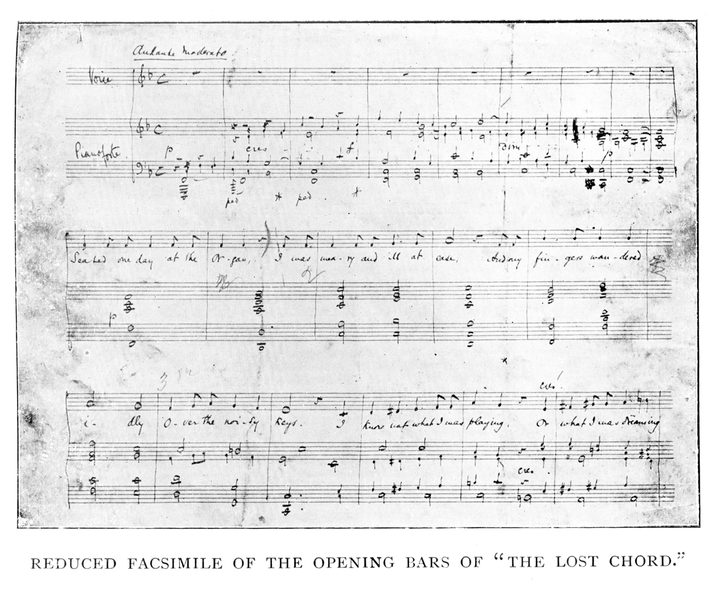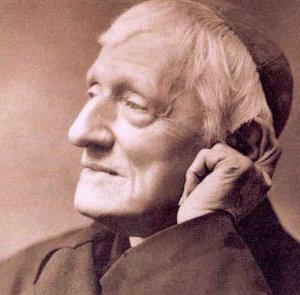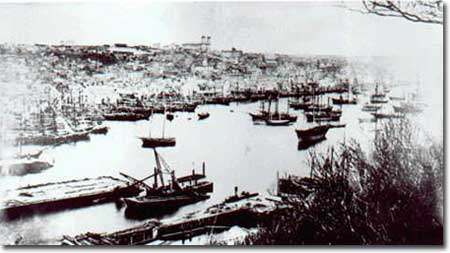httpv://www.youtube.com/watch?v=VBjqMMN6D5E
The first nine minutes of Warhol’s “Blow Job” (1964). As I outlined in a post yesterday, this is the first in a series of posts today exploring “obscenity” in the arts. We’ll be citing Frye extensively in the posts that follow.
Today is Andy Warhol‘s birthday (1928 – 1987).
Here’s Frye in “Foreward to English Studies in Toronto“. As with the reference to Warhol from Words with Power cited in an earlier post (“Andy Warhol Eats a Hamburger”), what is interesting about it is that Frye invokes Warhol to illustrate a bigger point. In this case, it is the contextualizing experience of art and the role of scholarship in understanding it:
At every step in the liberalizing of the curriculum, some academics will say: “Why should we set up courses and examinations in that? Shouldn’t students be reading that on their own? We’ve got a library, haven’t we?” In one generation Edmund Blunden’s colleague would have applied this to the whole of English literature; in the next it would have applied to contemporary literature; in the next to the study of films, television and pop culture. In my experience such objectors do not read that sort of thing on their own, but apart from that, there are two very important facts left out of their assumptions. One is the immense psychological difference between cultivating a leisure-time activity and studying the same material within the context of a university course. It is a little like, though considerably subtler than, the difference between looking at a row of soup cans and looking at them in Andy Warhol. The other is the schizophrenia set up in the teacher’s mind. Two of my teachers at Victoria were Pelham Edgar and John Robins, both interested in the modern novel and Canadian literature. But all reference to such subjects in lectures devoted to Shakespeare and The Rape of the Lock, had to be bootlegged, so to speak, and lectures got very digressive as a result. It was very important to our education as students to be told about the short stories of Hemingway and the poetry of Duncan Campbell Scott — it was difficult for us to read these authors “on our own” when we did not yet know they existed. Edgar, Pratt and Robins at Victoria, and Woodhouse and Brown at least at University College, did very important work in Canadian studies many decades before they got into the curriculum. (CW 7, 597-8)
After the jump, a superior PBS American Masters documentary about Warhol. Must-see, if only for the wonderful contemporary footage and extended excerpts from his movies. (Please note, however, that the entire documentary is comprised of two 90 minute episodes, and only the first part of the first episode is offered here, so Warhol’s early years and early successes aren’t included. However, the second episode dealing with Warhol at the peak of his success until his death is posted in its entirety. This really is worth the investment of your time, and I hope you’ll watch it.)
Continue reading →



